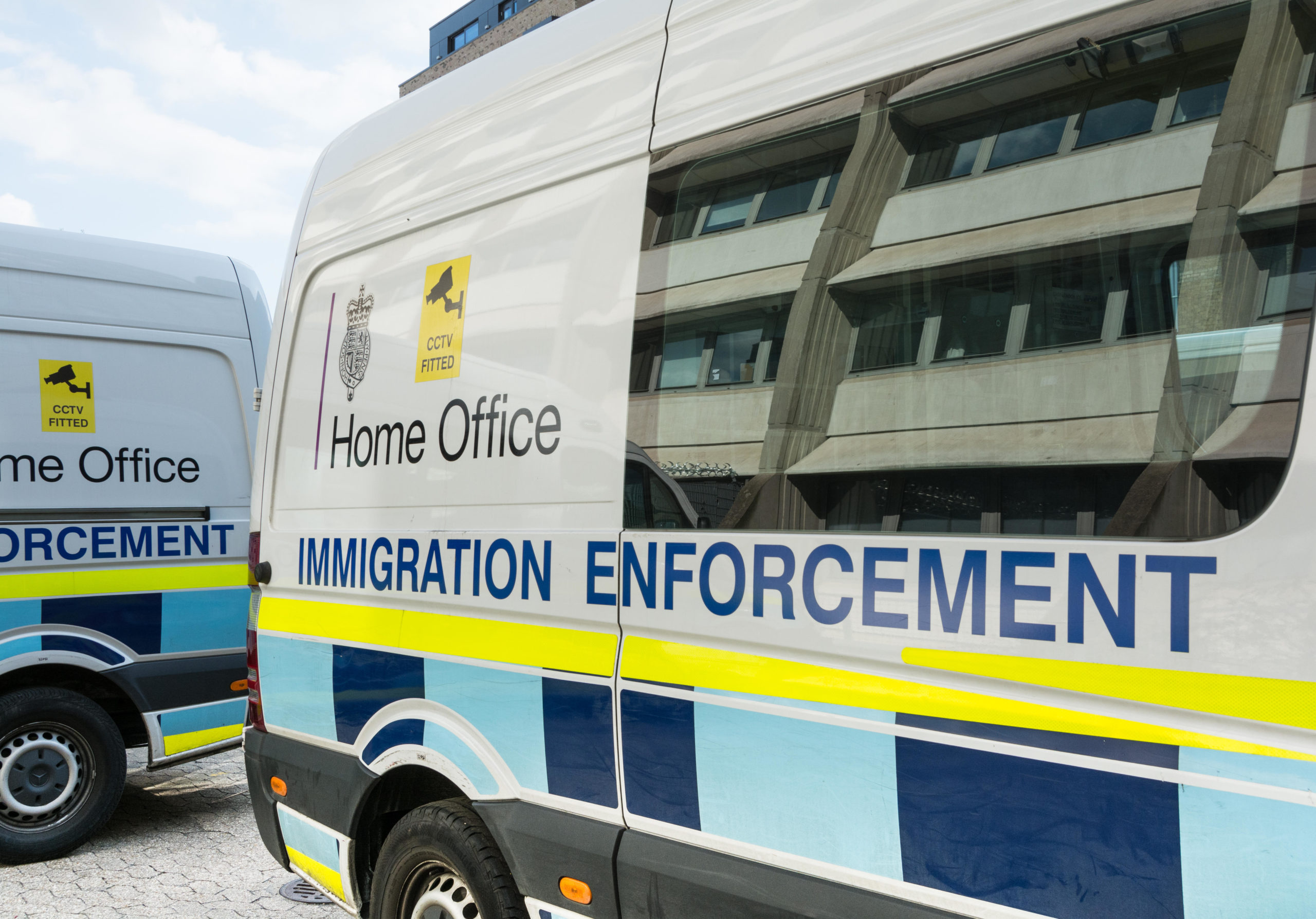New power to deport rough sleepers may discriminate, Home Office admits in new doc
Published on 04 April 2021

The new power could affect Asian women made homeless by domestic abuse, a Home Office document has revealed.
Reports Aaron Walawalkar, Liberty Investigates journalist, and Mark Townsend, Home Affairs editor of the Observer. Edited by Eleanor Rose, Liberty Investigates editor.


